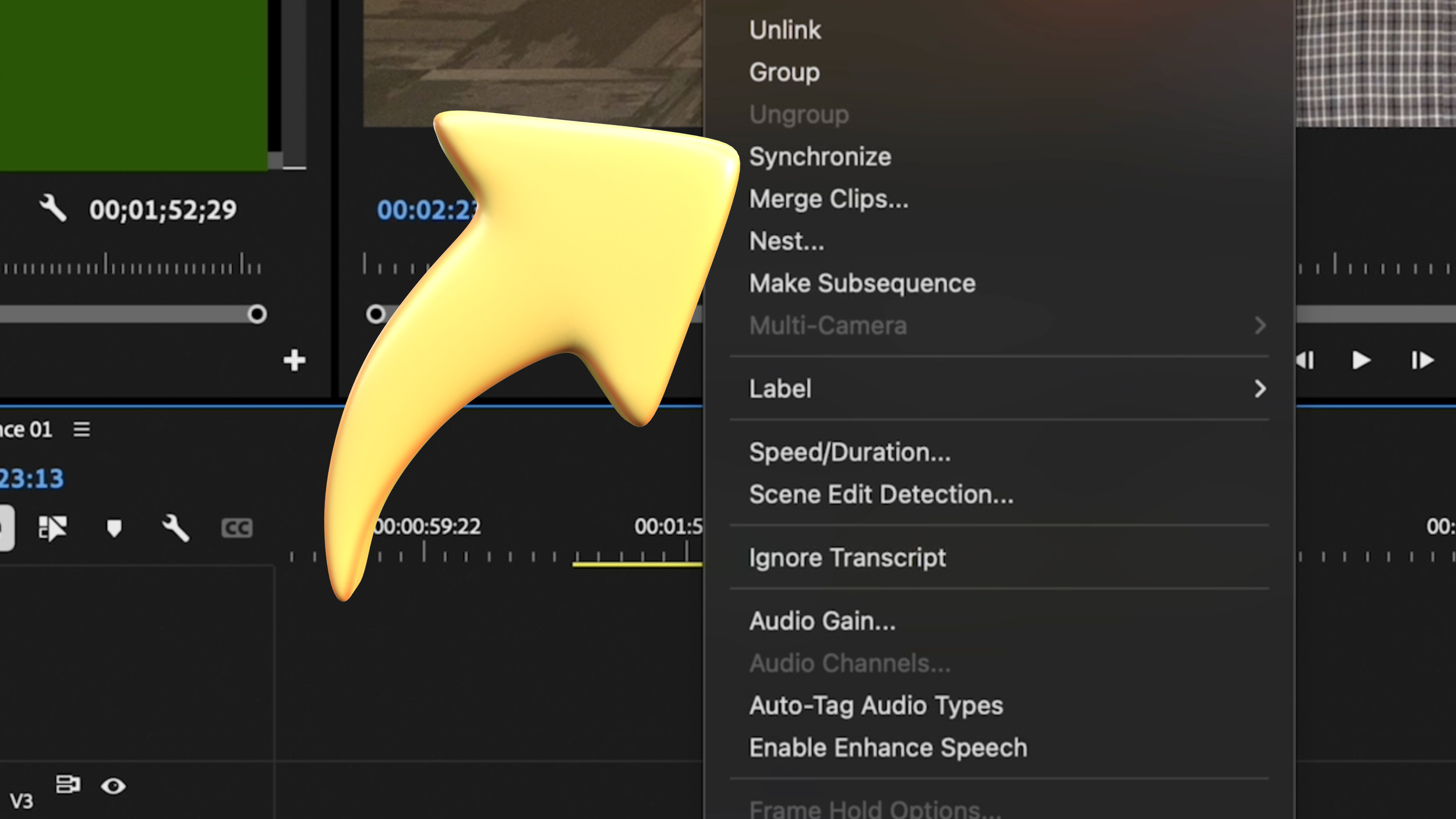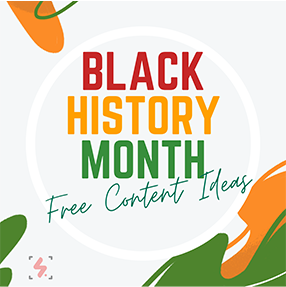Music Copyright 101: A Filmmaker's Guide To Find And License Songs For Projects
Filmmaking and content creation aren’t just about recording video — they’re about creating an experience for viewers. And part of that experience is the audio. From sound effects to background music, every sound element in a video contributes to how the audience will react to the final video.
However, all of those elements also fall under copyright law. That means unless you wrote the song or created the sound effect, you’ll have to license the files before you use them in your video content.
It’s either that, or deal with copyright claims, DMCA takedowns, and other not-fun legal issues. And we know that there’s been a recent crackdown on illegal content streaming.
The good news is that there are alternatives to paying thousands of dollars for licensing fees. We’ll look at a few of the options available to filmmakers who want to find and license songs for their projects without breaking copyright law or dealing with pricey licensing agreements.
What “Ownership” Means in Digital Media
So, you’re all done writing your video script and are starting to think about what music you will need for the project. The obvious solution is to grab songs from your personal music library and drop them into the project timeline.
But if you want to put the video on YouTube, using music without licensing it will trigger YouTube’s Content ID system. Your video will get removed, demonetized, or (in some cases) monetized by whoever owns the music copyright.
As a filmmaker, nothing is worse than doing all the work and losing ownership of the video just because you used 5 seconds of someone’s song. But using music without licensing it breaks copyright law, and it’s usually up to the copyright owner what happens next.
Even if you pay for a song or album through iTunes, Amazon, etc., you are paying to listen to it. Licensing it for commercial or other personal use isn’t covered under your purchase.
In other words, you don’t own the music you purchase or stream. Too many filmmakers, YouTubers, and Twitch streamers have lost videos or even their entire channel because they didn’t understand how important it is to license songs in their projects.
But before we get to how you can find legal music that’s safe for your videos, it’s important to understand how copyright works. That will also explain your options for finding great music without having to worry about copyright claims.
How Music Copyright Works for Filmmakers
Music copyright is a pretty confusing process for a handful of reasons, and it’s actually kind of difficult for a filmmaker to negotiate a licensing agreement. That’s because a song is almost never owned by just one person — typically it’s at least a handful of individuals. And in order to use a song legally, you have to contact every one of those copyright owners, get their agreement, and sometimes pay them individually.
Here’s an example: In order to license a Taylor Swift song that you can use in your short film on YouTube, you’ll spend the next 6 months contacting over a dozen copyright holders. The only way to get permission to use the song is to get approval from everyone who owns a piece of the song, even if the people who worked on the song are now at different record labels.
Once you work out a deal, you’ll send them payment. And also set royalty fees, which are recurring payments that include a set percentage of any revenue the video generates. (This applies to monetized YouTube or Twitch content, not just commercial or corporate videos.)
As you can see, there are a lot of steps and a lot of money involved. For individual filmmakers and content creators, it really just doesn’t make sense to deal with traditional music copyright agreements. That’s why things like royalty-free music and Creative Commons exist — to help people find and download music legally without paying $10,000 just to use a 5-second song snippet.
Part of being an indie filmmaker or content creator is getting the most out of your budget. It’s why filmmakers look for affordable gear and free editing software. Spending that much money on a single song (not to mention royalty fees) just isn’t a realistic option for anyone outside of a corporate ad agency or a famous YouTuber.
Where to Find Great Music for Videos
You already knew that you wanted to use great music in your video projects. Now that you have an idea of what music copyright is, perhaps you can appreciate the value of a service or company that gets you high-quality music without all the unnecessary legal loopholes.
In other words, something like royalty-free music.
Dozens of royalty-free music companies exist now, and they all provide the same basic service. They negotiate with copyright owners, and then license out music to individual creators for use. That means you might pay $50 to use a song instead of $5,000, or in some cases, you could sign up for a subscription service that gives you access to an entire catalog.
The good news is that this service benefits musicians (who get paid) and also filmmakers (who save time and money). And so the quality of songs continues to improve, with some royalty-free music services even offering music from Grammy-winning artists and producers.
Maybe you’ll browse the YouTube Audio Library for free music, or navigate Creative Commons to find commercial music licenses. Maybe you just want individual song licenses from a place like AudioJungle, or you’d rather subscribe to a full library like Soundstripe offers.
But no matter which option you choose, you finally have the power to get the music you want for your videos and protect yourself from copyright infringement at the same time. Filmmakers have never had more ways to find high-quality music for whatever price you can afford…even if that’s $0.
THIS ARTICLE HAS BEEN PREPARED FOR EDUCATIONAL AND INFORMATION PURPOSES ONLY AND IS NOT LEGAL ADVICE OR A LEGAL OPINION. ONLY YOUR ATTORNEY CAN ADVISE YOU WHICH LAWS ARE APPLICABLE TO YOUR SPECIFIC CASE AND SITUATION.
Meet the Author, Drew Gula
Drew Gula is the marketing copywriter at Soundstripe, a company that helps creators understand how to add music to a video by providing tools like non-copyrighted music.










Got shaky footage? No problem! In this quick tutorial, learn how to use Warp Stabilizer in Adobe Premiere Pro to smooth out your shots effortlessly.